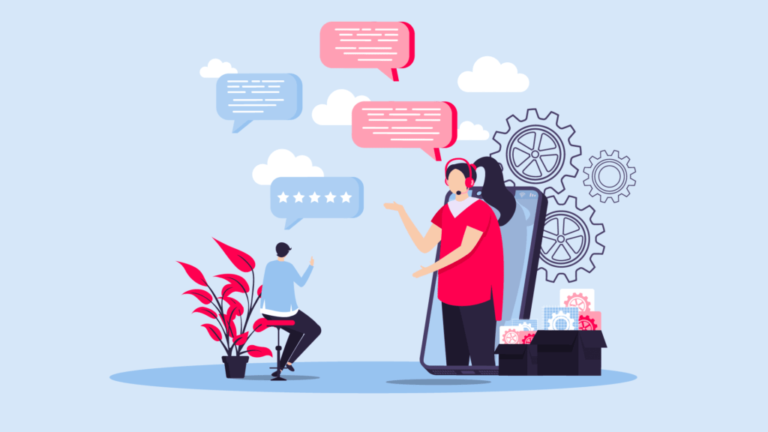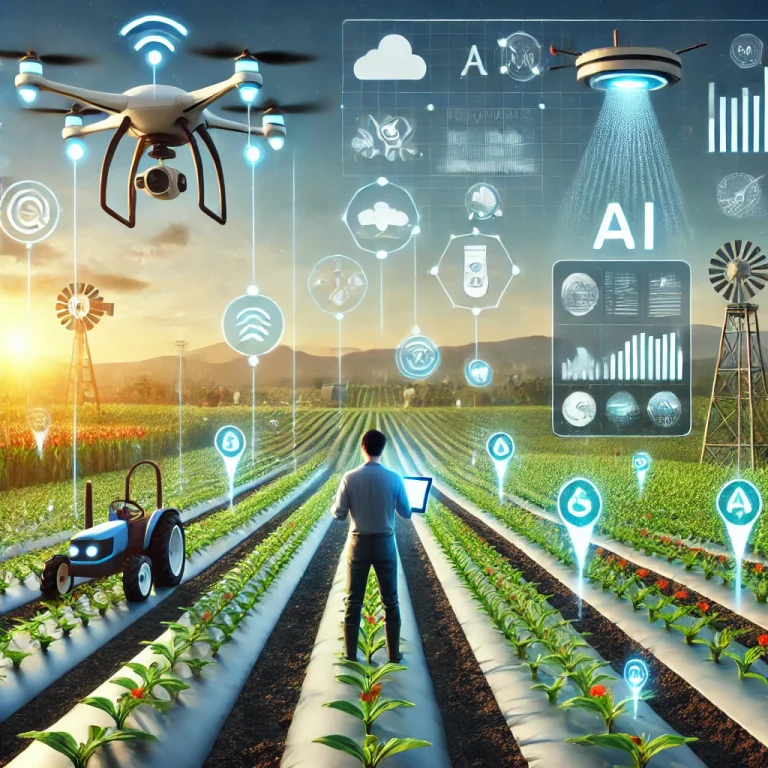AI for Mental Health: Chatbots Providing Support and Resources

AI-powered chatbots are becoming valuable tools in the mental health sector, offering support and resources to individuals seeking help. These chatbots provide immediate assistance, personalized interactions, and access to mental health resources, making mental health care more accessible and affordable.
Immediate Assistance
AI chatbots can offer immediate support to individuals experiencing mental health challenges. Available 24/7, these chatbots provide a safe space for users to express their feelings and concerns. By leveraging natural language processing, chatbots can understand and respond empathetically, offering comfort and guidance during moments of distress.
Personalized Interactions
One of the key benefits of AI chatbots is their ability to provide personalized interactions. By analyzing user inputs and history, chatbots can tailor responses and recommendations to the individual’s needs. For example, a user dealing with anxiety might receive different advice and resources than someone struggling with depression. This personalization helps users feel understood and supported in their unique mental health journey.
Access to Resources
AI chatbots can also connect users to a wealth of mental health resources. Whether it’s self-help materials, coping strategies, or information about professional services, chatbots provide valuable links and suggestions. For example, they can recommend articles, videos, or exercises that are relevant to the user’s specific issues. This access to resources empowers users to take proactive steps in managing their mental health.
Case Study: University Support
A university implemented an AI chatbot to support students’ mental health. The chatbot provided immediate responses to students’ concerns, suggested coping strategies, and connected them to campus resources. As a result, the university saw a significant increase in students seeking help and a reduction in the burden on counseling services. The chatbot’s availability and anonymity encouraged more students to seek support without the stigma often associated with mental health issues.
Future Prospects
The future of AI in mental health is promising, with advancements in AI technologies expected to enhance the effectiveness of chatbots. Future developments may include more sophisticated emotional recognition, improved conversational abilities, and deeper integration with mental health services. As AI continues to evolve, these chatbots will play an increasingly important role in providing accessible and effective mental health support.
For more information on integrating AI chatbots for mental health support, visit Certainly’s integration and channels page.

